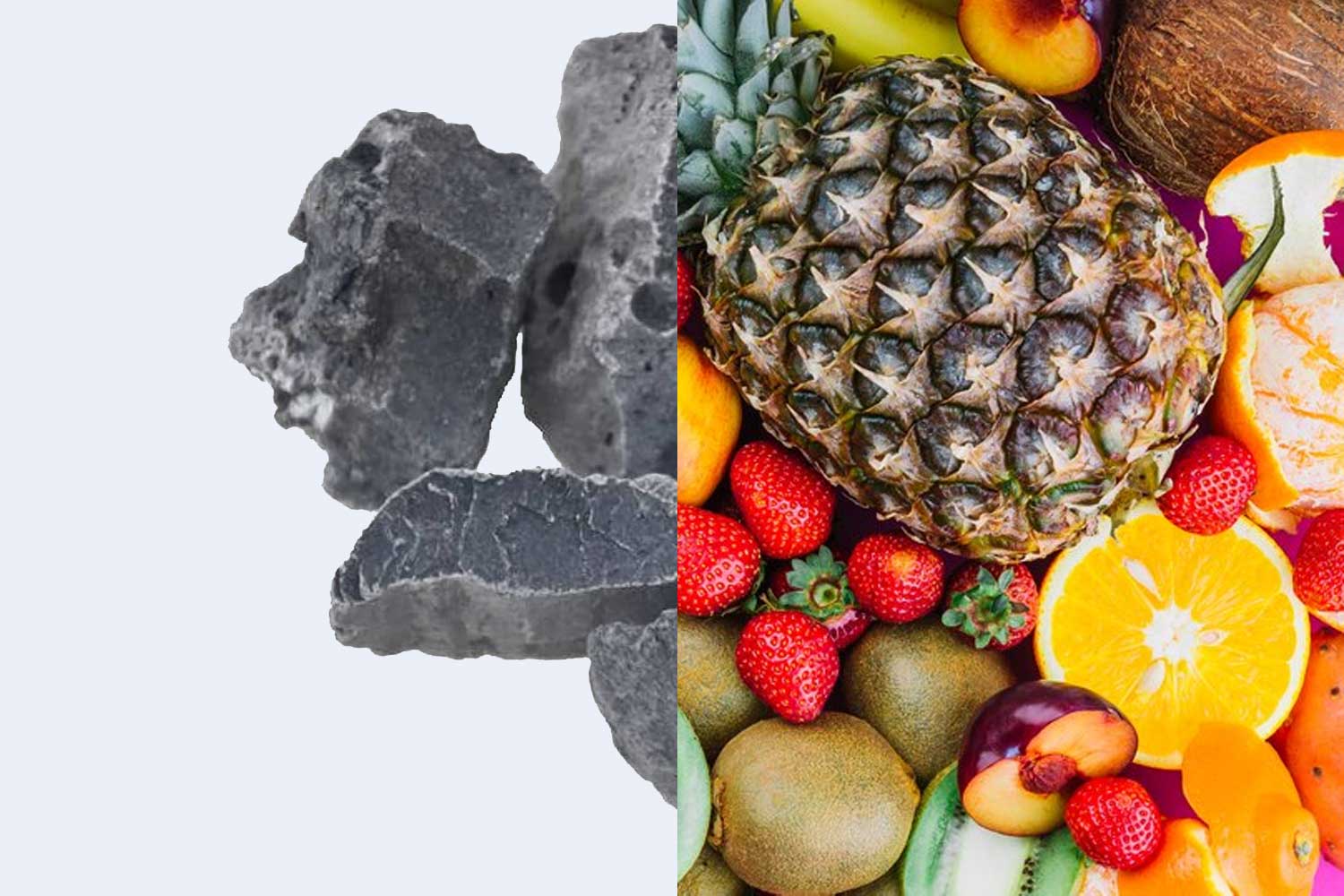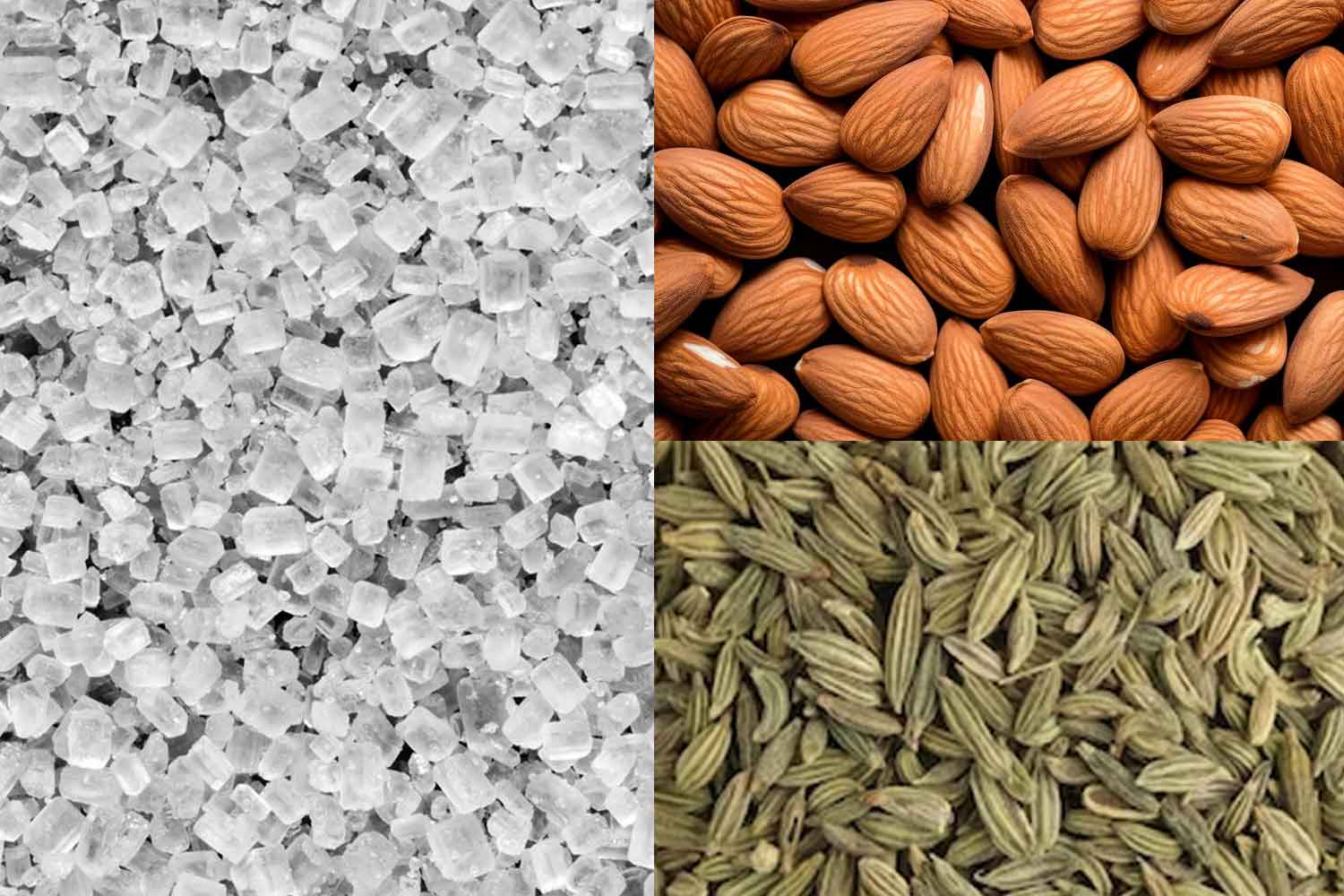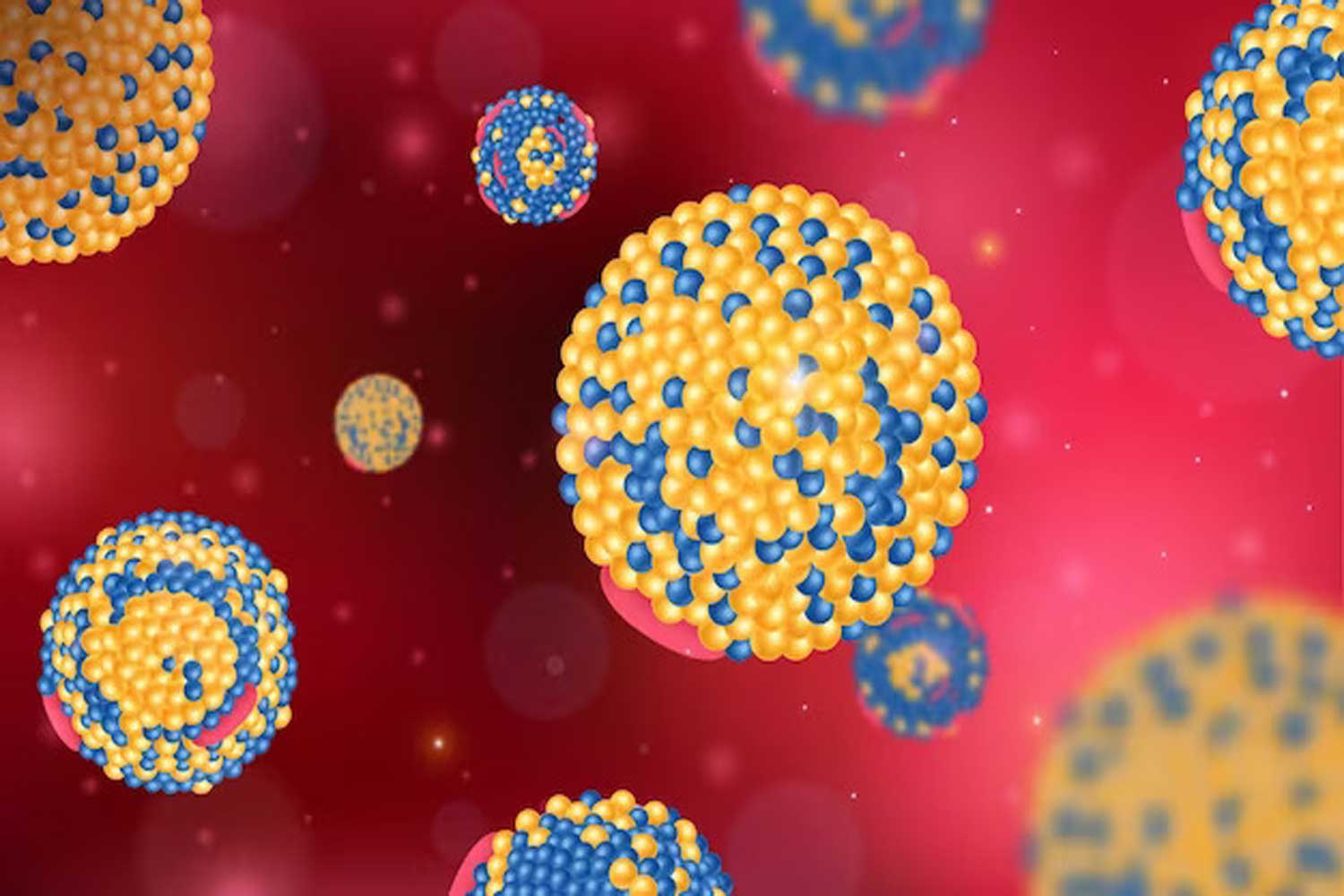Basil, great basil, or Ocimum Basilicum is a tender culinary plant that is related to the mint family. The herb is native to tropical regions of Central Africa and Southeast Asia. It is a flavourful, leafy green, mouth-freshening herb that is used as food seasoning to flavor many types of salads and sauces. Basil tea is also used as a stimulant.
In this article, you will explore the various benefits, nutritional facts, and why this is known as the king of herbs.
Benefits
Basil has been a long-used medicine in various medicine systems of the world like traditional Chinese medicine, Ayurvedic medicine, and others. Having several antioxidants, vitamins, and minerals, basil is used to treat nausea, and bug bites, maintain skin health, boost digestion, and detoxify the body. It contains several polyphenols which help combat oxidative stress and inflammation in the body.
It helps in the prevention of heart disease. The eugenol present in basil blocks calcium channels which lowers blood pressure. The essential oils present in basil help lower cholesterol levels and triglycerides (the most common fat type present in your body). Basil also contains magnesium, which helps in improving blood flow by relaxing the muscles and blood vessels of the body.
Basil is also used to treat stomach spasms (cramps), loss of appetite, intestinal gas, diarrhea, constipation, and several other problems. Besides these basil treats several other bodily issues.
Incorporating Basil into Your Diet:
- Caprese Salad: Combine basil with fresh tomatoes and mozzarella for a classic Italian salad.
- Pesto Pasta: Blend basil, garlic, pine nuts, and Parmesan for a flavorful pasta sauce.
- Herb-infused Water: Add basil leaves to your water for a refreshing twist.
Nutritional Facts
Basil contains the following per 100 grams:
- Calories: 23
- Protein: 3 g
- Carbohydrates: 3.4 g
- Fiber: 1.6 g
- Fat: 0.6 g
Vitamins:
- Vitamin K: Basil is rich in vitamin K, crucial for blood clotting and bone health.
- Vitamin A: A potent antioxidant, that supports vision and immune function.
Minerals:
- Iron: Important for oxygen transport in the blood.
- Calcium: Vital for bone health and muscle function.
Risks
While basil is generally safe when consumed in food amounts, excessive intake of supplements or concentrated forms may have adverse effects. Always consult with a healthcare professional for personalized advice.
In essence, basil stands as the versatile “King of Herbs,” enriching your culinary experiences while delivering a spectrum of health benefits. From heart health to digestive support, its aromatic presence extends beyond the kitchen. Embrace basil as your ally in wellness, adding both flavor and vitality to your life.












